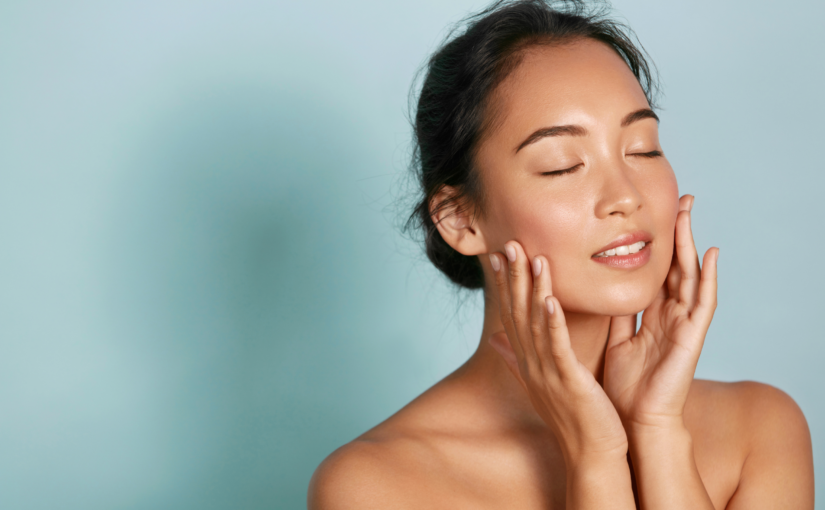Our skin can be very quick to react to changes in the atmosphere and being our first line of defence it is important that it is prepared for this change. We are just about to step into spring so we can expect a change of temperature, humidity, and UV levels. This can all affect how our skin functions and responds to its external environment.
Sometimes it is not always about the change in the season that can cause issues, it can be the damage from the previous season. We are just coming out of the cold winter months, which can cause absolute havoc with our skin, the central heating, harsh weather and lack of daylight, to name just a few, will have had a massive impact on our skins barrier function.
As the weather transitions, this can cause changes within our skin for example humidity levels rising can result in the skin feeling a little more oily, or atmosphere changes can cause reactive skins to flare up. Different skin types and conditions can respond differently to the change in seasons. So it is important to get an individual assessment of your skin.
To minimise any impact of changes in weather it is vital our skins natural barrier function is intact and working effectively. This will ensure the skin is in a good healthy state to deal with anything the season throws at it. Making a few tweaks in your skincare regime may be necessary to ensure the skin responds well to any seasonal changes.
Here are a few tips to keeping our skin happy and ready for the new season:
- Ensure your cleanser isn’t stripping skin of its essential oils. I see this so often where people are using the wrong cleanser for their skin type or condition, or even worse they are using wipes to clean their face! If your cleanser is having a detrimental effect on your skin there is no point applying any other product to your face as it will be a waste of time and money.
- Drink plenty of water throughout the day. In terms of hydrating the skin, this is not always the most effective way, however, drinking the recommended water intake each day helps flush out any toxins in the body. A healthy body means healthy skin.
- Include antioxidants in your skincare as well as your diet. Our body is the last in the biological queue to receive any resources from the body. Therefore even if you eat the recommended dose of fruit and vegetables your skin will be receiving a minimum amount of antioxidants from these. We need antioxidants to reduce the free radical activity that causes damage to our cells and reduces their ability to function well and can even cause cell mutations and apoptosis (cell death)
- Introduce Retinol! This is a great time of the year to start slowly introducing Retinol into your skin regime. This active is great for almost all skin types, however, always seek advice from a professional as it can be very active and cause unwanted side effects if not used correctly.
And of course, you shouldn’t need telling anymore, but don’t forget your sunscreen every day. The UV levels are increasing so it more important than ever to protect your skin.
Thank you for reading, and if you need any advice on your own skincare regime or skin concerns please get in touch.



